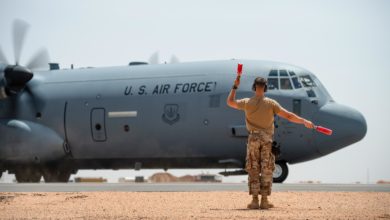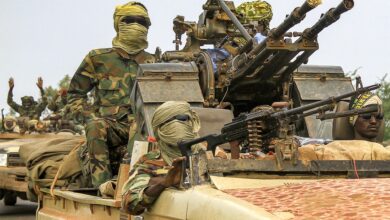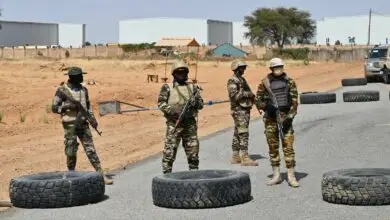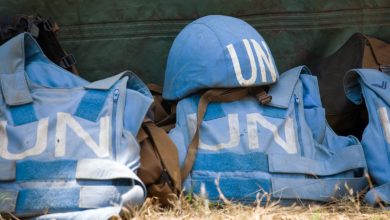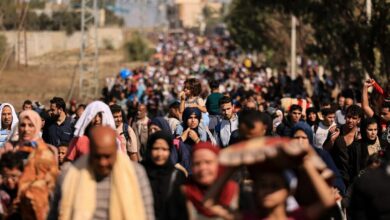Mali: 6 killed in attack on Dogon village of Ouadou
Six people have been killed in attacks on villages of the Dogon ethnic community in central Mali, local officials and a security source said as the United Nations mission called for an end to the “spiral of violence” afflicting the region.
The attacks followed a deadly raid on Saturday in the village of Ogassogou, home to the Fulani herding community, near the town of Mopti. Some 160 people died in the assault, local officials and security sources said.
A militia from the Dogon ethnic group – a hunting and farming community with a long history of tension with the Fulani over access to land – is suspected to have carried out Saturday’s raid.
“This spiral of violence must cease immediately,” the U.N. mission in Mali, Minusma, said in a statement.
A local councillor in the area, Oumar Diallo, said the Dogon village of Ouadou was “attacked by armed men.”
“Houses were burnt, the provisional death toll is four dead. In another village around Bankass, two women were also killed,” he told AFP.
A Malian security source confirmed the death toll, as did Minusma, which said the attack occurred on the night of Monday to Tuesday and added that “several houses were torched, cattle were stolen.”
The U.N. rights office in Geneva said earlier Tuesday it had sent a team of investigators to the region.
Saturday’s raid was the deadliest attack in Mali since the 2013 French-led military intervention that drove back jihadist groups who had taken control of the north of the country.
Jihadist raids remain a persistent threat, and in the center of the country, an ethnic mosaic, the attacks have had a bloody impact on groups with a history of rivalry.
The Fulani have been accused of supporting a radical Islamist preacher, Amadou Kouffa, who rose to prominence in central Mali four years ago and recruits mainly from the Muslim Fulani community.
Kouffa’s group – Katibat Macina or the Macina Liberation Front – is an affiliate of Ansar Dine. It became part of the Support Group for Islam and Muslims (JNIM) in March 2017, when several smaller groups including the Sahara branch of Al-Qaeda in the Islamic Maghreb, Ansar Dine and Al-Mourabitoun merged. JNIM’s leadership has pledged allegiance to Al-Qaeda leader Ayman al-Zawahiri.
So-called self-defense groups have emerged in the Dogon community in the declared role of providing protection against the insurgents.
But these militias have also used their status to attack the Fulani.
Violence between the Fulani and Dogon and between the Fulani and Bambara ethnic group claimed some 500 civilian lives last year, according to U.N. figures.
In the wake of the Ogassogou massacre, the government of Mali this week dissolved the Dogon “self-defense movement” Dan Nan Ambassagou and replaced senior military officers.
Once considered a beacon of democracy and stability in Africa, Mali in recent years has been dogged by a coup, civil war and Islamist terrorism.
The recent unrest in the Sahel began in Mali in 2012 with Tuareg separatist uprising against the state, which was exploited by Islamist extremists linked to al-Qaeda who took key cities in the desert north.
France began its Operation Serval military intervention in its former colony early the next year, driving the jihadists from the towns, but the militant groups morphed into more nimble formations operating in rural areas, sometimes winning over local populations by providing basic services and protection from bandits.
The insurgency has gradually spread to central and southern regions of Mali, and across the borders into neighboring Burkina Faso and Niger.
Large swathes of the country remain outside government control, despite the 2015 peace accord designed to isolate the Islamists.
The French mission evolved into the current Operation Barkhane, which has roughly 4,500 personnel deployed with a mandate for counter-terrorism operations across the region.
With reporting from AFP



